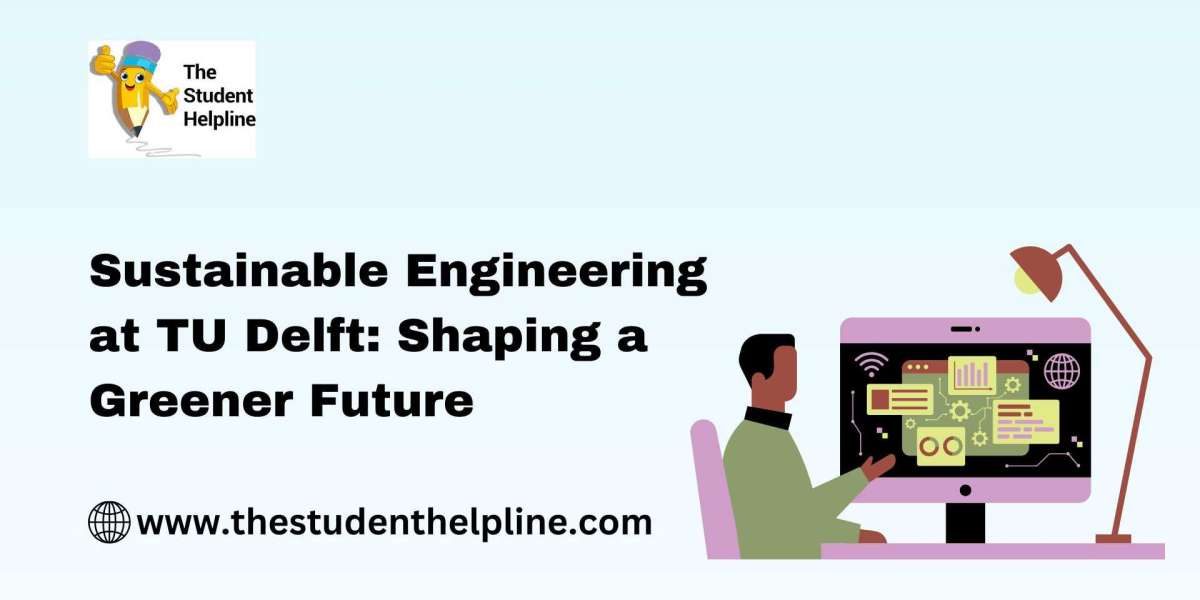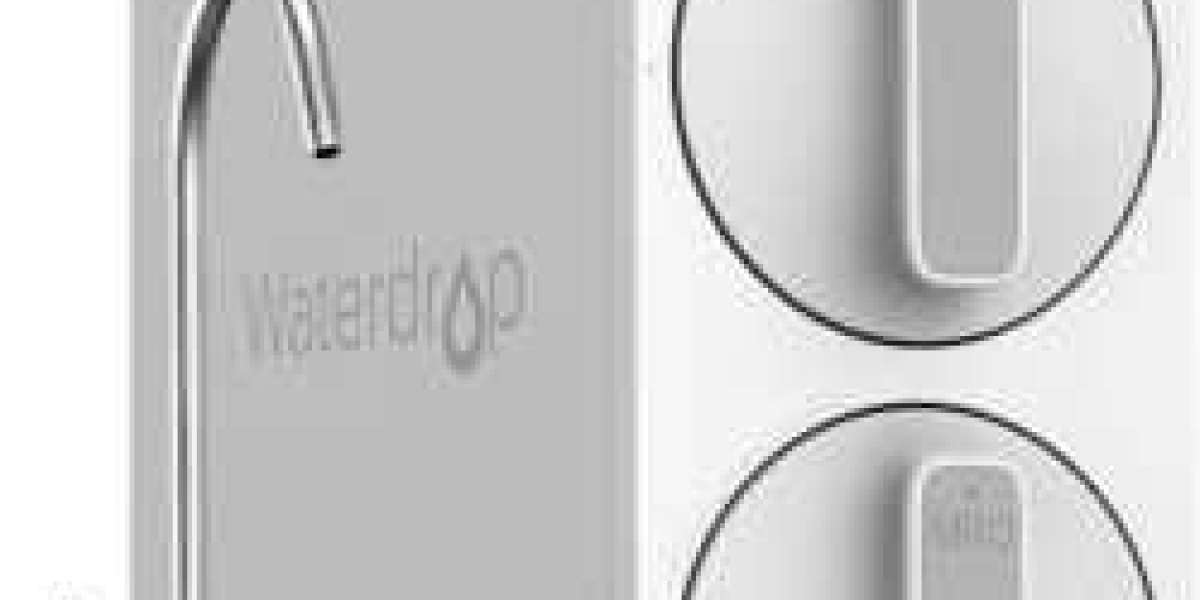As the world faces mounting environmental challenges, sustainability has become a central focus of engineering innovation. Delft University of Technology (TU Delft), a renowned institution for science and technology, has emerged as a global leader in sustainable engineering. The university’s commitment to addressing climate change, resource scarcity, and ecological degradation is evident in its groundbreaking research, innovative programs, and impactful projects.
This article explores how Delft University of Technology integrates sustainability into engineering education, research, and industry collaboration, showcasing its role in shaping a greener future.
1. TU Delft’s Vision for Sustainability
TU Delft’s commitment to sustainability is deeply embedded in its mission to address the pressing challenges of our time. The university recognizes that engineering and technology play a pivotal role in creating solutions for a sustainable world.
- Sustainability Research Institute: TU Delft houses the Delft Energy Initiative and other interdisciplinary research centers focused on sustainable energy, circular economy, and climate resilience.
- Sustainability Goals: The university aligns its efforts with the United Nations’ Sustainable Development Goals (SDGs), particularly those related to clean energy, sustainable cities, and climate action.
2. Sustainable Engineering Research at TU Delft
a. Renewable Energy Solutions
TU Delft is at the forefront of renewable energy research, developing innovative technologies to transition away from fossil fuels.
- Solar Energy: Researchers are working on high-efficiency solar panels and energy storage solutions to make solar power more accessible and reliable.
- Wind Energy: TU Delft has made significant advancements in offshore wind energy, including the design of more efficient turbines and floating wind farms.
- Hydrogen Energy: The university explores hydrogen as a clean energy carrier, focusing on production, storage, and distribution technologies.
b. Circular Economy Practices
The shift to a circular economy is crucial for reducing waste and conserving resources. TU Delft’s research promotes sustainable production and consumption models.
- Recycling Technologies: Innovations include advanced recycling methods for plastics, metals, and electronic waste.
- Product Life Extension: TU Delft develops strategies to design durable products that can be repaired, reused, and remanufactured.
c. Climate-Resilient Infrastructure
As climate change intensifies, resilient infrastructure is critical for mitigating its impacts.
- Flood Management: TU Delft is a global leader in water management, developing flood-resistant urban planning and coastal protection systems.
- Sustainable Building Materials: Researchers are exploring low-carbon construction materials, such as bio-based concrete and recycled aggregates.
3. Education for a Sustainable Future
TU Delft equips its students with the knowledge and skills needed to address sustainability challenges.
- Sustainability-Focused Programs: The university offers specialized programs such as Sustainable Energy Technology, Environmental Engineering, and Industrial Ecology.
- Project-Based Learning: Students work on real-world sustainability projects, such as designing energy-efficient buildings or developing green mobility solutions.
- Global Perspectives: TU Delft fosters international collaboration, enabling students to address sustainability issues on a global scale.
4. Innovations in Sustainable Urban Development
a. Smart Cities
TU Delft is shaping the future of urban living through smart city technologies that enhance sustainability and quality of life.
- Energy-Efficient Buildings: Research focuses on smart building systems that optimize energy use and integrate renewable energy sources.
- Urban Mobility: TU Delft is advancing sustainable transportation systems, including electric vehicles, bike-sharing programs, and pedestrian-friendly city designs.
b. Circular Urban Planning
Urban areas are reimagined as circular systems, where resources are reused and waste is minimized.
- Water Management: TU Delft develops technologies for water recycling and stormwater management in urban environments.
- Green Infrastructure: Innovations include rooftop gardens, green walls, and urban forests that improve air quality and reduce heat islands.
5. Collaboration with Industry and Government
TU Delft actively collaborates with industry and government to implement sustainable engineering solutions.
- Public-Private Partnerships: Joint projects with companies focus on developing sustainable technologies for energy, transportation, and manufacturing.
- Policy Development: TU Delft researchers contribute to shaping environmental policies and regulations, ensuring that science drives decision-making.
- Technology Transfer: The university supports startups and spin-offs that commercialize sustainable innovations, accelerating their impact on society.
6. Sustainable Engineering Success Stories
a. Net-Zero Buildings
TU Delft has designed and implemented net-zero energy buildings on its campus, serving as living labs for sustainable architecture.
- The Green Village: This experimental neighborhood tests sustainable building technologies, from energy-efficient designs to smart grids.
b. Offshore Wind Farms
Collaborations with industry partners have resulted in more efficient offshore wind turbines, significantly reducing the cost of renewable energy.
c. Hydrogen-Powered Trains
TU Delft researchers are pioneering hydrogen-powered train technology, offering a sustainable alternative to diesel-powered locomotives.
7. Challenges and Future Directions
While TU Delft has made remarkable strides in sustainable engineering, challenges remain.
- Scaling Innovations: Ensuring that sustainable technologies are scalable and cost-effective for global adoption.
- Interdisciplinary Collaboration: Strengthening collaboration across disciplines to address the complexity of sustainability challenges.
- Behavioral Change: Encouraging individuals and organizations to adopt sustainable practices alongside technological solutions.
Looking ahead, TU Delft aims to deepen its impact by expanding research in emerging areas such as carbon capture, green hydrogen, and climate-neutral cities.
Conclusion
Delft University of Technology is a beacon of innovation and leadership in sustainable engineering. By integrating cutting-edge research, education, and industry collaboration, TU Delft addresses some of the most pressing environmental challenges of our time.
From renewable energy breakthroughs to climate-resilient infrastructure, TU Delft’s contributions are shaping a greener and more sustainable future. As the world grapples with the complexities of sustainability, TU Delft stands as a testament to the power of engineering and technology to create a better tomorrow.
For aspiring engineers and researchers passionate about sustainability, Delft University of Technology offers unparalleled opportunities to make a meaningful impact on the planet.



